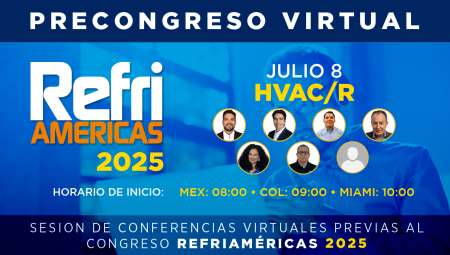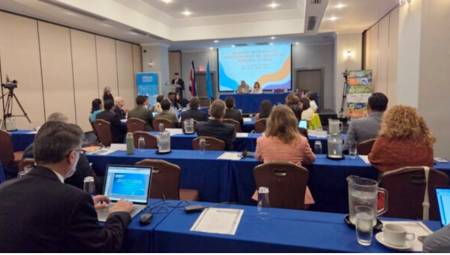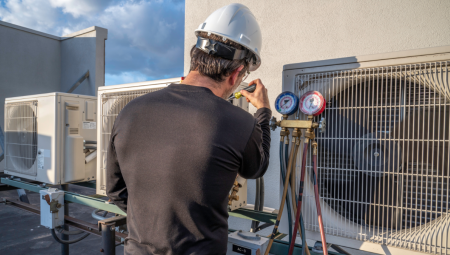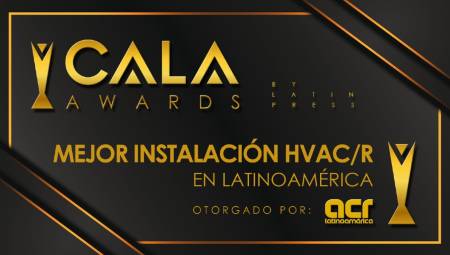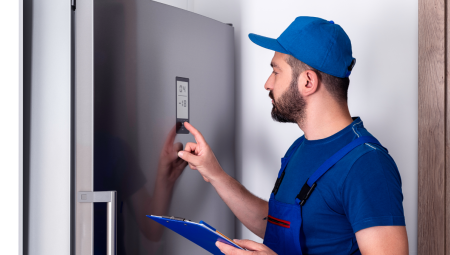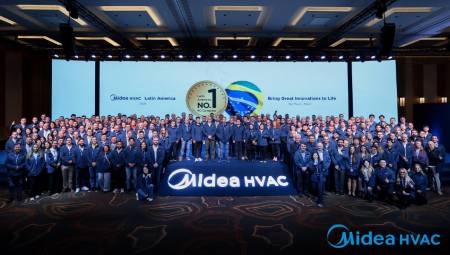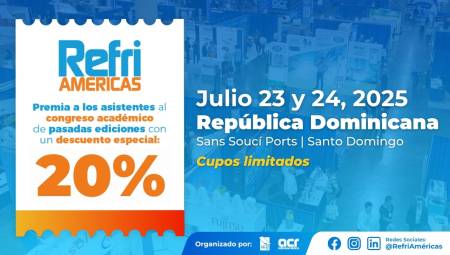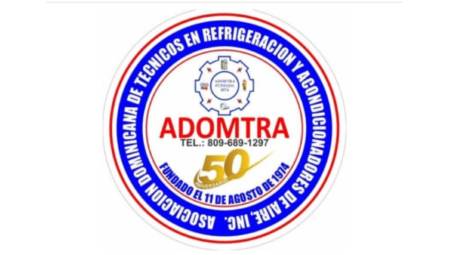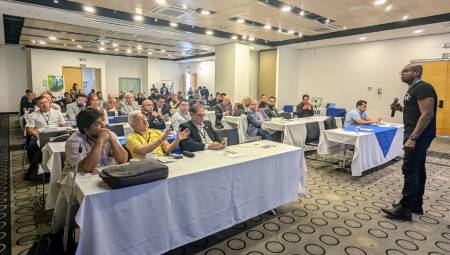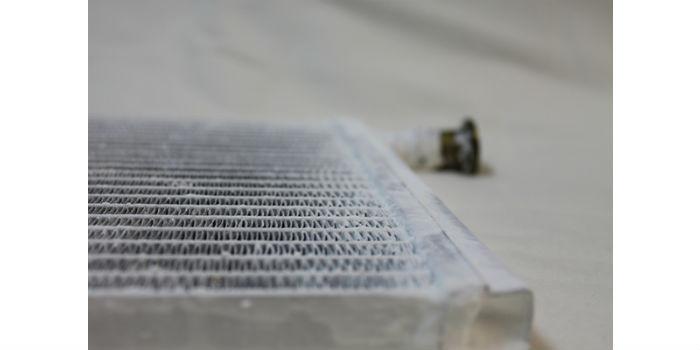 International. Industrial waste heat often cannot be reused due to its low temperature. A new material developed at the University of Kiel, Germany, now allows its use in environmentally friendly refrigeration systems in the construction sector.
International. Industrial waste heat often cannot be reused due to its low temperature. A new material developed at the University of Kiel, Germany, now allows its use in environmentally friendly refrigeration systems in the construction sector.
Refrigeration devices are considered to be energy-intensive, in which polluting refrigerants are still used, even after the ban on chlorofluorocarbons (CFCs). An eco-friendly alternative is systems that use water instead. A research team from the Institute of Inorganic Chemistry at the University of Kiel, together with the Fraunhofer Institute for Solar Energy Systems ISE in Freiburg, has developed a highly porous material, with which these cooling systems can operate with less electrical energy than before. Previously unused waste heat, for example, from district heating systems, data centers or heat from solar thermal collectors could be used for that. The results were recently published in the journal Advanced Materials.
Data centers in particular are real power factories: as a side effect of their operations, high-performance computers produce a lot of heat and therefore need to be continuously cooled. As such, they cause high energy and energy costs, while also emitting unused waste heat into the environment; its temperature is too low for other uses. Theoretically, however, this could be used to run energy-efficient cooling systems, which use water as a coolant (called adsorption-driven chillers). To do so, the material used there must be able to absorb a lot of water and regenerate at the lowest possible temperatures.
Environmentally friendly and resource-saving refrigeration
The porous material, developed by Professor Norbert Stock of the Institute of Inorganic Chemistry and his working group, meets these requirements. In this way, parts of the cooling process of adsorption-driven chillers can be operated using only the energy of existing waste heat or solar thermal systems. "This could also make an important contribution to the use of renewable energy," Stock said. For eco-friendly systems like this, the material has two key advantages: "The systems consume less energy and we can produce the material in an eco-friendly way," the inorganic chemist explained.
In these so-called adsorption-driven chillers, the cooling effect occurs when ambient heat is extracted by evaporation of water. Water vapor molecules are deposited in the cavities of a porous material, called sorbents, that is, adsorbed by it. In the next regenerative phase, the material is dried by applying thermal energy. Stored water molecules are released, liquefied, and can evaporate again in the next cycle. The material can also be used again.
Highly porous metal organic frames provide ideal interactions
The sorbents used in cooling systems are usually crystalline zeolites or silica gels, which can easily absorb water due to their structure. The research team's material exhibits particularly good sorption properties: it can absorb a lot of water very quickly and also release it quickly again, even at a low temperature rise. The material is ready for use again quickly. "This is possible thanks to the optimal size of the pores in the material and their perfect interaction with water molecules," Stock explained. The highly porous crystal structure of "CAU-10-H", which is the official name of the material, named after the development location, version number and hydrogen abbreviation, is an example of an organic metal frame (MOF). They have been tested in a wide range of application areas in recent years.
From fundamental research to practical application
The Kiel working group has already been pursuing the discovery of new MOFs for a long time, but previously only as pure fundamental research. For transfer to an industrial application, they worked with colleagues at fraunhofer ISE to coat commercially available heat exchangers with their material. "The study of the heat exchanger under application-related conditions shows the high potential of the material," said Dr. Stefan Henninger of isE. In the laboratory, the material can already be produced in kilograms under mild reaction conditions, that is, at a temperature of 100 ° C with water as a solvent ("green synthesis"). "To produce the material for larger-scale industrial use, our next step is to contact other companies," Stock said. They have already applied for a patent for their production method.
Data Source Provider: University of Kiel.



